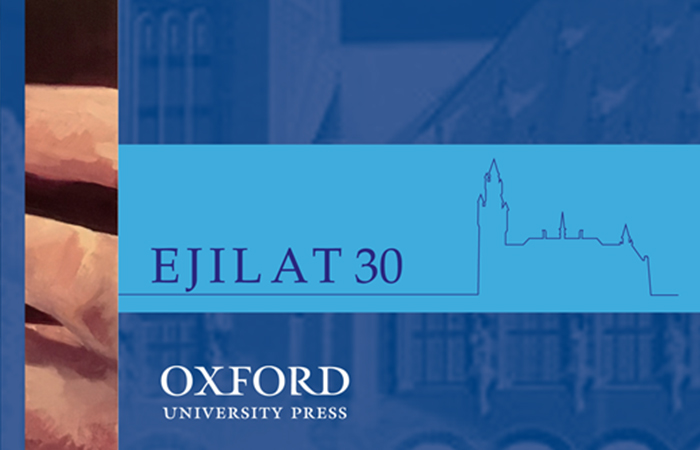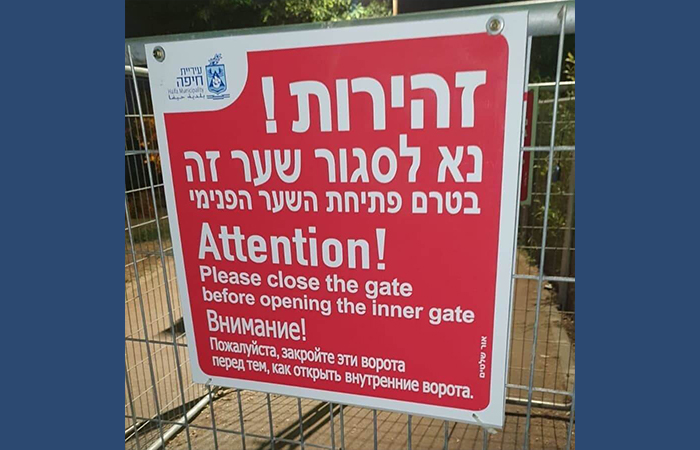On July 5, the blog of the European Journal of International Law published an essay by Noura Erakat, entitled Beyond Discrimination: Apartheid is a Colonial Project and Zionism is a form of Racism.
In this essay, Erakat first explores Palestinian intellectual thought on Zionism as a form of racism and racial discrimination. She highlights the work of Palestinian scholar, Fayez Sayegh who in 1965, explained how Zionism, an instrument of nation-building predicated on the removal and juridical erasure of the Palestinian people, is distinct from other European colonial projects. Zionist colonization is defined by “racial elimination”, and not by the racial domination that characterized other colonial projects.
Erekat proceeds to review the legal analysis underpinning Israel’s apartheid regime which is predicated on the bifurcation of Jewish nationality and Israeli citizenship. According to this regime, only Jews can be “nationals and citizens”. The Christian and Muslim Palestinian population can be “citizens” of the state of Israel, but never nationals. As such, they are deprived of the many privileges accorded exclusively to Jewish nationals throughout historic Palestine. Such privileges include rights to residency, land ownership, freedom of movement, and the right to leave and return to one’s country.
Erakat describes the essence of an apartheid regime that seeks to capture and control land that extends from the Jordan River to the Mediterranean Sea while denying the fundamental rights of its inhabitants. The 65 laws that legally authorise racial discrimination include the Israeli Law of Return (1950) and the Nationality Law (1952). She notes that this establishes that discrimination did not emerge over time but was instead foregrounded in the establishment of the Israeli state, and that the system of apartheid it established reflects Israel’s Zionist ideology rather than the failed political project to establish a Palestinian state.
Erakat takes Israel’s apartheid character as a pre-given and suggests that the fundamental issue that is now at stake is whether the international community is willing to acknowledge this and work towards dismantling it. The refusal to do so, she suggests, “reflects both a commitment to Zionist settler sovereignty as the optimal solution to combat anti-Jewish bigotry as well as an, often-explicit, expectation that Palestinian life is expendable and worth the cost of that endeavor”. She also critically reflects on the fact that the Palestinian demand for equality and for a state for all its citizens, which affirms Jewish belonging in historic Palestine (just not as the masters), have been maligned as a form of anti-Semitism, and notes that this confirms how the concept of antisemitism has been deployed to protect Israel from being held accountable for its actions, rather than to protect Jews from violence and racial discrimination.




